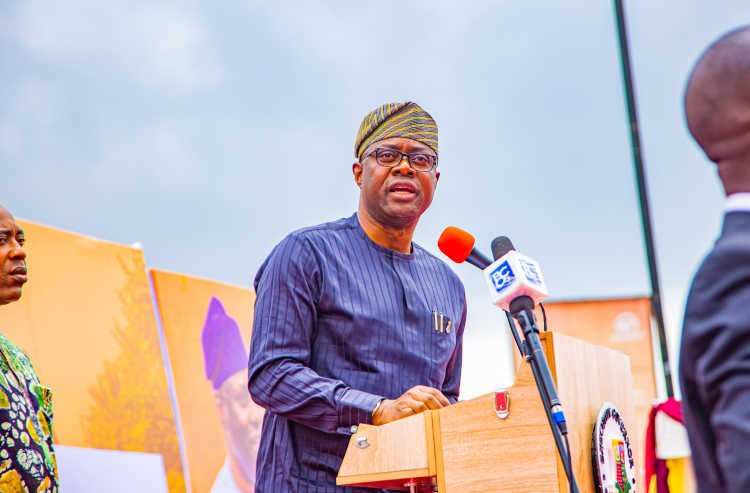The government of Oyo State, southwest Nigeria, needs to urgently develop a gender-responsive education sector plan (GRESP) to address the numerous challenges facing basic and secondary education in the state.
Development Diaries reports that Oyo State does not have a running education sector plan (ESP), a strategy document that provides a goal for the educational system and outlines the means to attain it.
While Governor Seyi Makinde’s administration has taken steps toward improving education access, as shown in free education and the construction of model schools, a gender-responsive approach is crucial to achieving equitable outcomes for both boys and girls.
According to a report by Legit.ng’s Ridwan Yusuf, who is also a Change Reporting Fellow, Oyo’s running of the education sector without an ESP since 2022 is responsible for the state’s failure to establish structured, long-term strategies for addressing educational barriers.
An ESP serves as a blueprint for managing education resources, implementing policies, and ensuring inclusive learning environments. Without it, the state’s education system lacks a critical tool for monitoring progress and aligning educational policies with national and international standards, including gender equity.
According to the report, in Kishi town, teenage pregnancy, stigma, and cultural practices, such as early marriage, impede girls’ access to education.
We also understand that the Oyo Roadmap for Sustainable Development 2023-2027, code-named Omituntun 2.0, failed to address the specific gender needs of boys and girls.
Also, gender-sensitive strategies, such as ensuring support for pregnant girls, addressing menstrual hygiene, and providing safe learning spaces for girls, are not in the roadmap for education. This oversight hampers efforts to tackle the root causes of gender inequality in education.
Furthermore, the report reveals that despite free education in the state, some parents, especially in rural communities, remain indifferent to their children’s schooling.
This lack of motivation results in low retention rates for girls and increases the chances of their early involvement in child labour, marriage, or dropping out.
Another issue is the fact that the state’s Ministry of Education is led primarily by men, with fewer women in leadership roles. Gender imbalance in decision-making bodies may lead to the exclusion of gender-specific concerns in policy formulation and implementation.
While there are investments in infrastructure, such as model schools, many fail to include necessary gender-sensitive features, such as menstrual hygiene facilities and washbasins. This lack of proper infrastructure can discourage girls from attending school, particularly during menstruation.
With these issues identified, there is an obvious need for Oyo State to develop and implement a gender-responsive ESP.
This plan should include a detailed analysis of gender barriers in education, including early pregnancy, child marriage, and cultural taboos, strategic initiatives to support girls’ re-entry into school after pregnancy and provide menstrual hygiene management.
The plan should also cover gender-specific infrastructure, such as safe spaces, adequate sanitation, and menstrual hygiene facilities, in schools.
Development Diaries calls on Governor Makinde to address barriers to both boys’ and girls’ education in the state by ensuring the development of a GRESP and a gender-responsive education budget (GREB).
Photo source: Seyi Makinde






